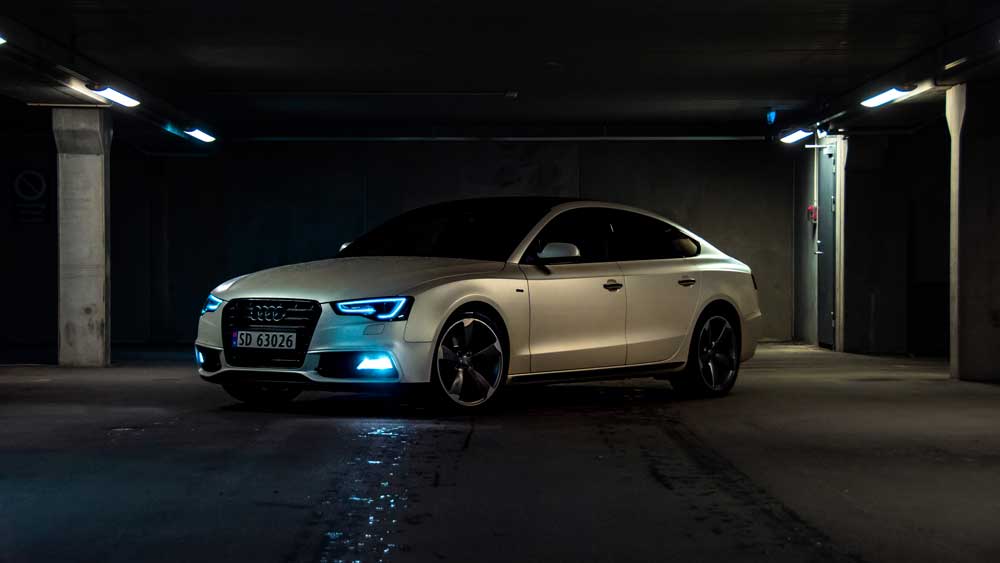Connected cars are expected to hit a 100% penetration of European markets, according to Counterpoint. This news isn’t surprising, given that revolutionary Internet Of Things (IoT) technology is widely welcomed. Large brands like Renault and Ford are now seeking to truly make connected cars, and smart homes a match made in tech heaven. So how are smart cars and smart homes integrating?
Home Appliance Control and Notifications
IoT homes are all about being able to control various appliances through a single module, and connected cars are no different. So it didn’t take much to make the leap and connect the two and Renault is giving the perfect example. Cars need to blend in with digital lives, says Jean-Francois Labal of Groupe Renault. As such, smart homeowners are now able to interact and control various home appliances through the dashboard of their connected cars. In the same vein, smart homeowners are able to send instructions, notifications, and itineraries to their vehicles through a smartphone or even a smart speaker. This gives you the perfect opportunity to lead a fully convenient and connected life.
Increased Road Safety
Beyond seamless convenience, the integration of smart homes and connected cars are also affecting road safety across the EU. Cooperative Intelligent Transport Systems (C-ITS) is making use of the data-sharing properties of both smart cars and smart homes by taking real-time data on road conditions and traffic density and dispersing them to users. Not only do connected car users have better data to decide what routes to take, but their vehicles also actively keep them safe on the road. As an added feature, smart homes are able to make calls to their connected cars without compromising driver safety. This makes connected cars a quality choice for consumers who are after positive driving experiences.
AI Learning
As both IoT in homes and connected cars make use of artificial intelligence (AI) to further improve the consumer experience, it shouldn’t be surprising that AI learning is used in the integration of both. Voice technology coupled with AI gives consumers, like yourself, a digital personal assistant that can learn the preferences of the user to better tailor suggestions and remember settings like temperature, volume, and many others. It can give you reminders of shows you like so you may order it to start recording it at home — all while on the road. Interestingly, AI learning can also help keep you updated on the state of the car and the home by giving periodic reports. This can help partner up with any security protocols, you have to give you an extra layer of safety.
The future is now, and with it comes optimised security, safety, and convenience. In order to fully take advantage of the integration of connected cars and smart homes, you’ll need to make sure that your home is fully retrofitted with IoT that works. If you haven’t already done so, it would make sense to get it done. That way, you can truly embrace smart living and reap all the benefits that come with it.
